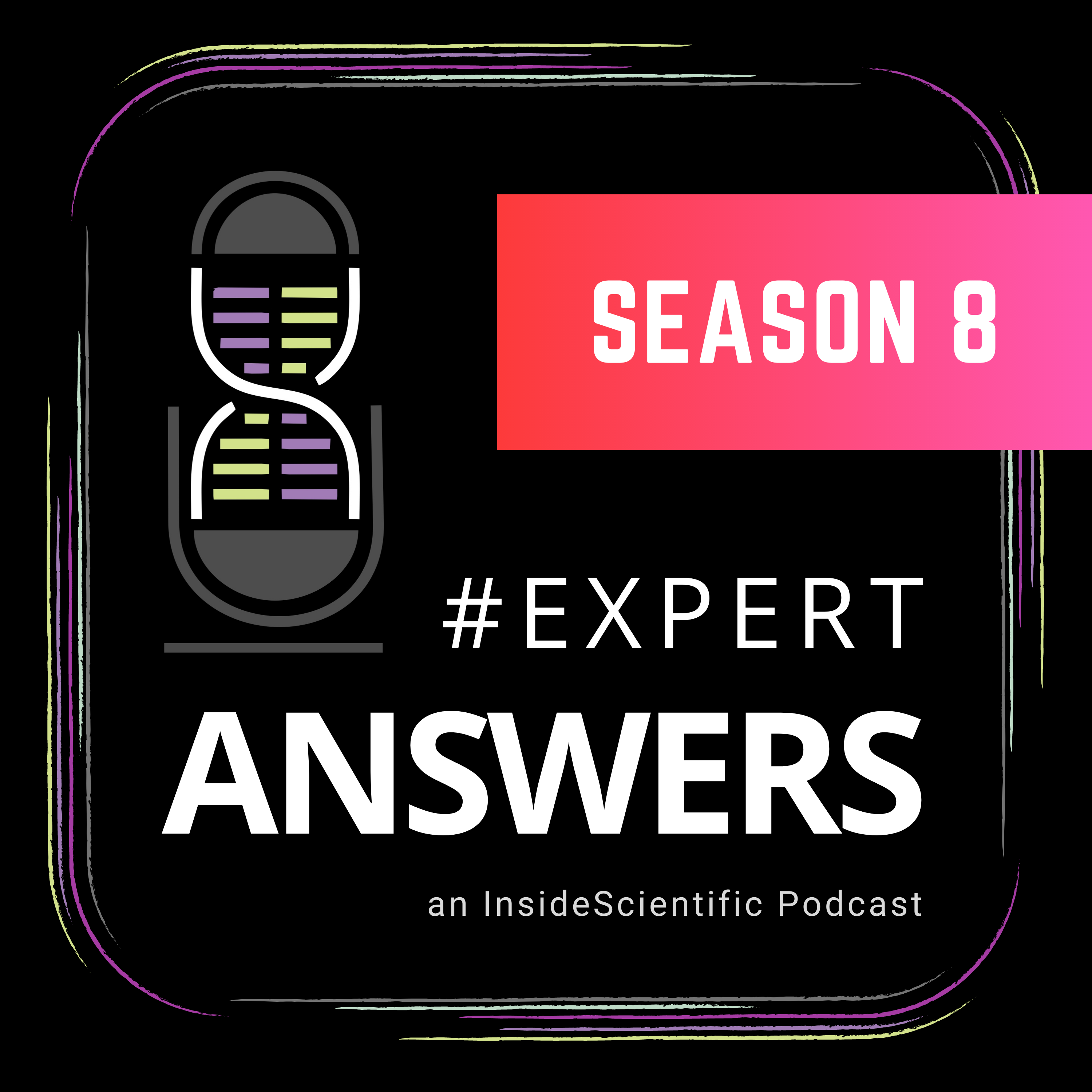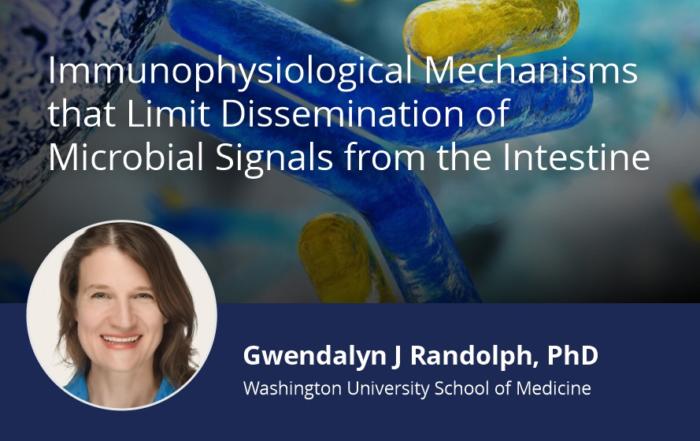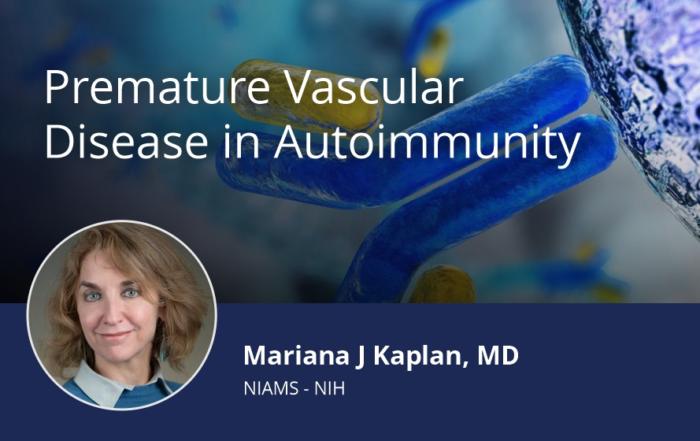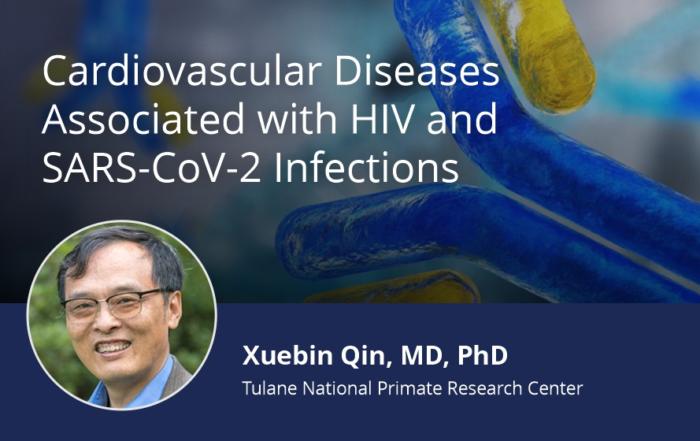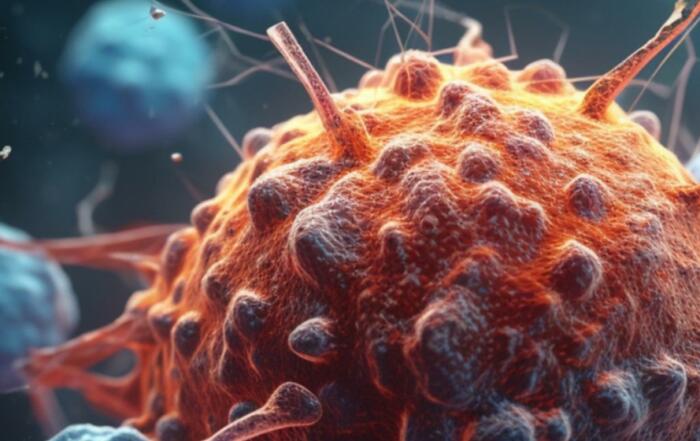Dr. Jerrold Turner discusses the barrier function of the intestine, how the permeability of tight junctions in the gut epithelium is modulated, and the impact of this modulation on homeostasis and health.
Mucosal surfaces are lined by epithelial cells. In the intestine, the epithelium separates, and therefore regulates interactions between the immune system and luminal materials, including dietary antigens and microbes. In the absence of specific transporters, epithelial cell membranes are nearly impermeant to hydrophilic materials. However, the ultimate success of the barrier depends on the ability of epithelial cells to prevent unrestricted paracellular flux across the shunt pathway. Intercellular tight junctions form selectively-permeable seals that mediate paracellular flux.
The biophysical characteristics of these tight junction seals are modulated during development and by physiological stimuli, immune cell signaling, and enteric pathogens. In turn, tight junction selective permeability modifies nutrient transport, mucosal immune tone, and pathogen clearance. Recent advances have shed new light on the mechanisms of tight junction regulation and the impact of barrier modulation on mucosal homeostasis and health, pathogenic progression, and resolution of disease.
Key Topics Include:
- Tissue barriers are dynamic and selectively-permeable
- Barrier function can be regulated by one tight junction-independent and two distinct tight junction-dependent mechanisms
- The immune system selectively activates specific trans-tight junction flux pathways
Subtle changes in mucosal homeostasis induced by barrier modulation can markedly impact overall health
Click to watch the webinar recording. To view the presentation full screen simply click the square icon located in the bottom-right corner of the video viewer.
Resources
To retrieve a PDF copy of the presentation, click on the link below the slide player. From this page, click on the “Download” link to retrieve the file.
Presenters
Professor of Pathology; Professor of Medicine
Harvard Medical School
